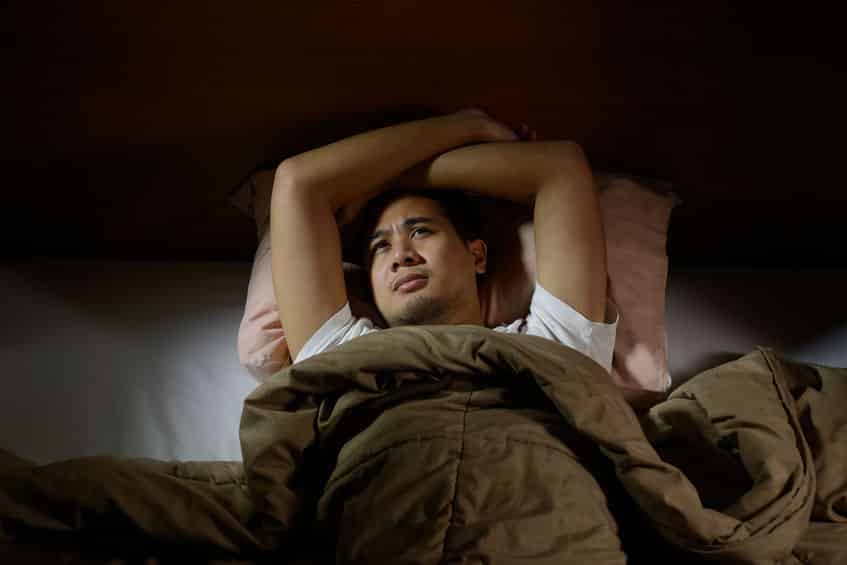By John Salak –
No one is sure if the early bird catches the worm. But academics from three renown institutions claim that waking up just one hour earlier than usual can reduce a person’s risk of major depression by almost 24 percent.
In what’s described as one of the first studies to examine just how even the slightest shift in sleeping patterns can affect an individual’s mental health, researchers from Harvard University, the Massachusetts Institute of Technology and the University of Colorado at Boulder took a deeper dive than ever before on trying to quantify sleep patterns and depression. The study ultimately examined chronotype or sleeping patterns in over 840,000 people to assess their influence on depression.
The study is particularly important given how sleeping patterns were altered during the pandemic and how they are continuing to change as the country reopens.
“We have known for some time that there is a relationship between sleep timing and mood, but a question we often hear from clinicians is: How much earlier do we need to shift people to see a benefit?” said senior author Celine Vetter, a professor at CU Boulder. “We found that even one-hour earlier sleep timing is associated with significantly lower risk of depression.”
These results shouldn’t be that surprising, given that earlier observational studies have shown that night owls are as much as twice as likely to suffer from depression as early risers, regardless of how long they sleep. Vetter’s earlier research in 2018 even demonstrated the like between early risers and lower risk of depression. But she acknowledged it was difficult to exactly define what it means to be an early riser.
The researchers came to their conclusion after assessing genetic data on up to 850,000 individuals, including data from 85,000 who had worn wearable sleep trackers for seven days and 250,000 who had filled out sleep-preference questionnaires.
In the largest of these samples, about a third of surveyed subjects self-identified as morning larks, 9 percent were night owls and the rest were in the middle. Overall, the average sleep mid-point was 3 a.m., meaning they went to bed at 11 p.m. and got up at 6 a.m.
The study found that for each one-hour earlier sleep midpoint (halfway between bedtime and wake time), the corresponding individual has a 23 percent chance of lower risk of major depressive disorder.
This suggests that if someone who normally goes to bed at 1 a.m. goes to bed at midnight instead and sleeps the same duration, they could cut their risk by 23 percent; if they go to bed at 11 p.m., they could cut it by about 40 percent.
Exactly why this risk is lower is still under consideration. Some research suggests that more exposure to daylight, which early-risers tend to get, can influence mood. Others submit that having a biological clock, or circadian rhythm, that trends differently than most peoples’ can be depressing.
Is waking early a surefire way to reduce the risk of depression? It’s unclear, but Vetter offers this advice to those wanting to shift themselves to an earlier sleep schedule.
“Keep your days bright and your nights dark,” she said. “Have your morning coffee on the porch. Walk or ride your bike to work if you can and dim those electronics in the evening.”













